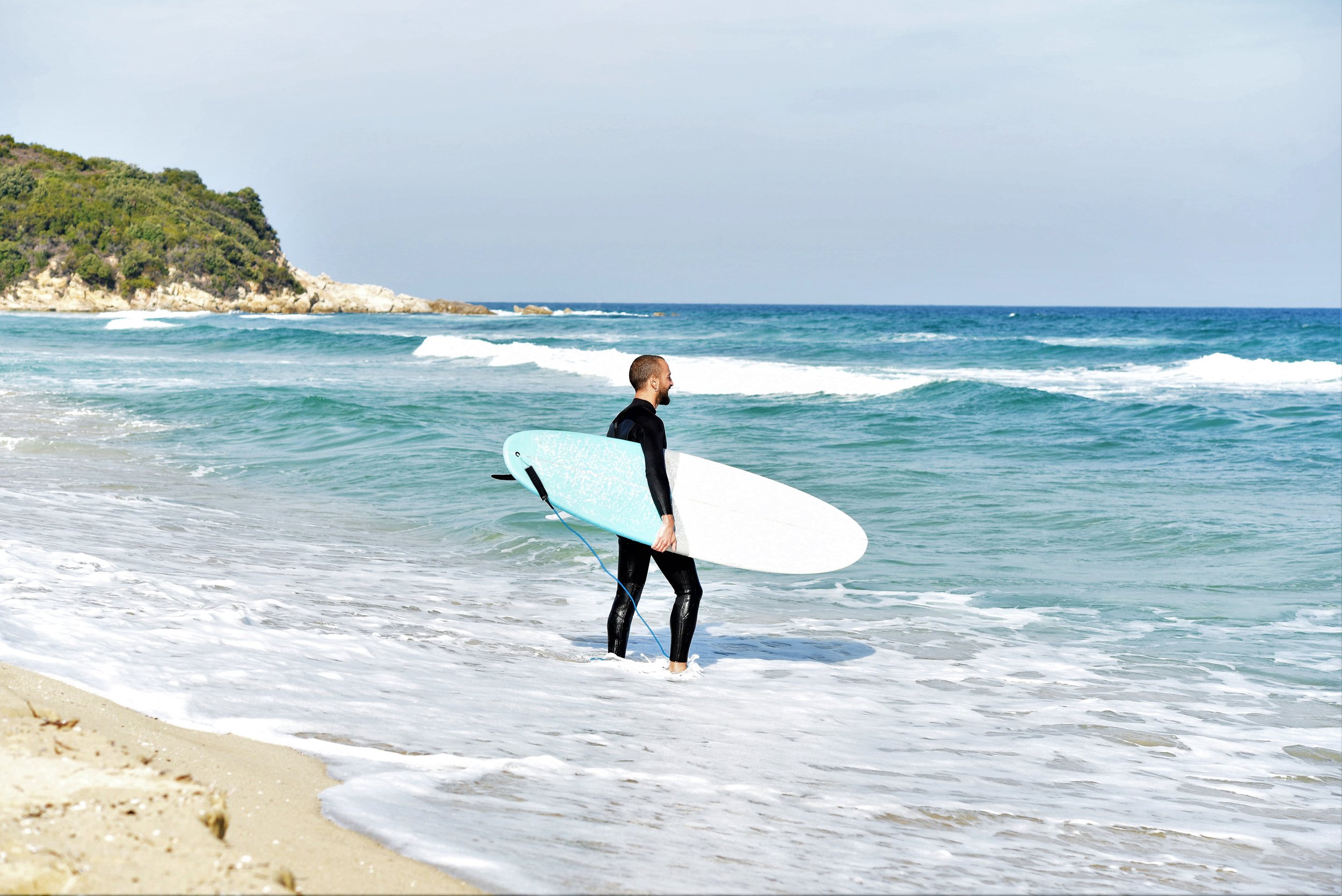Finding Strength in Nature: The Benefits of Adventure Therapy
“You’re braver than you believe, stronger than you seem, and smarter than you think.”
– Winnie The Pooh
Individuals who routinely fight the temptation of addiction can have moments of success and failure. These failures can often become disheartening, leading to false beliefs about their limitations, what life has to offer, and what they may be able to offer in return. Rare are opportunities for adventure, to hear the call of the wild, and to answer back with confidence in their abilities.
We believe adventure-based therapy is an effective method for helping individuals get back in touch with their bodies, overcome mental barriers and develop new coping mechanisms by allowing people to experience themselves physically in challenging and safe environments. This therapeutic modality intentionally crafts experiences for individuals to engage on all levels of functioning: cognitive, affective, and behavioral levels, to help them become aware of themselves in new ways.
What is Adventure Therapy?
Adventure therapy in itself has been shown to help in the treatment of addiction, especially when it’s used as a tool among other cognitive processing therapies. By interacting with the environment in ways that push into the realm of the unknown, individuals can utilize these hands-on experiences to lead them into greater emotional expression and force reliance on learned coping skills. Through encouraging regular reflection throughout the process, they can create meaning through the insights gained by experiencing, discussing and then transferring the lessons learned into other areas of their lives.
The therapeutic value of going for a hike or going surfing is in the ability to later process the experience and encourage goal-setting, problem-solving, self-confidence, and self-trust. In these experiences, they also find the ability to rewrite their internal narrative as someone capable of overcoming their fears.
How Outdoor Adventure Therapy Works
Educational theorist David Kolb developed a four-stage cycle to describe his theory on experiential learning, and the power in the modality:
Concrete experience (do it), the physical nature of what’s happening in-the-moment, whether it’s exposure to a novel situation, or a new twist on something familiar
Reflective observation (talk about it), taking the time to recognize the effect of preconceived notions, observe yourself and environment during the experience, and spend time in reflection after the fact
Abstract conceptualization(synthesize it), taking reflection to its next level: channeling those observations into sparking a new idea moving forward or adjusting one’s belief system or theoretical framework
Active experimentation (apply it), creating structured experiments to implement new theories or put game plans into action; to modify real life experiences based on what was learned
For adventure therapy to be successful, it is necessary that individuals walk through each of the stages, building upon the internal meaning of the experience. Not only is it imperative that they make the necessary connections between the adventure experience and their everyday life situations, clients would do well when they also are encouraged to develop the following:
Bravery to face new and unknown experiences
Courage to seek out alternative perspectives about the situation
Creativity to develop new ideas based on their observations
Determination to implement these concepts into their lives
These qualities represent someone who is capable of forging a path out of active addiction. Thus, meaningful change and long-term recovery is dependent upon the ability to internalize the lessons learned and allow yourself to be impacted for the better.
Adventure therapy is much more than a walk in the woods, or a group outing to the beach. It is harnessing the power of the human experience to face the unknown, the feared, the challenging-- and to emerge on the other side changed. Better able to solve problems and make decisions; and more confident in your abilities to do so.


